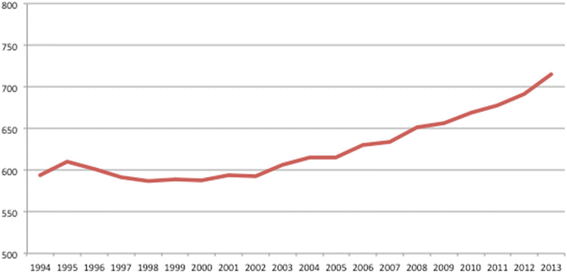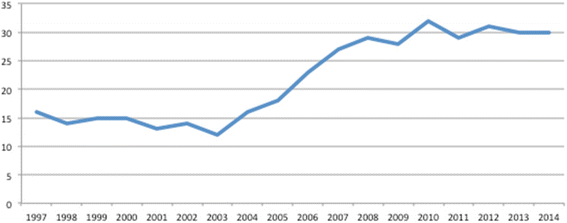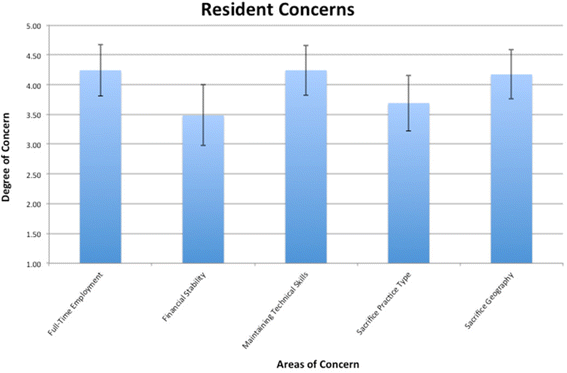Otolaryngology - Head and Neck Surgeon unemployment in Canada: a cross-sectional survey of graduating Otolaryngology - Head and Neck Surgery residents
- PMID: 25683630
- PMCID: PMC4329541
- DOI: 10.1186/s40463-014-0037-3
Otolaryngology - Head and Neck Surgeon unemployment in Canada: a cross-sectional survey of graduating Otolaryngology - Head and Neck Surgery residents
Abstract
Objective: Recently graduated Otolaryngology - Head and Neck Surgeons (OTO-HNS) are facing an employment crisis. To date, there has been no systematic evaluation of the factors contributing to this situation, graduating OTO-HNS trainee employment rates, nor the employment concerns of these graduating residents. This investigation sought to empirically evaluate prospective OTO-HNS graduate employment, identify factors contributing to this situation, and provide suggestions going forward.
Methods: A cross-sectional survey of the 2014 graduating cohort of OTO-HNS residents was conducted 6-months prior to graduation, and immediately following residency graduation. Surveyed items focused on the demographics of the graduating cohort, their future training and employment plans, and their concerns relative to the OTO-HNS employment situation.
Results: All twenty-nine Canadian medical school graduated OTO-HNS residents completed the initial survey, with 93% responding at the completion of residency. Only 6 (22%) indicated confirmed employment following residency training. 78% indicated that they were pursuing fellowship training. 90% identified the pursuit of fellowship training as a moderately influenced by limited job opportunities. The ability to find and secure full-time employment, losing technical skills if underemployed/unemployed, and being required to consider working in a less-desired city/province were most concerning. 34% of the residents felt that they were appropriately counseled during their residency training about employment. 90% felt that greater efforts should be made to proactively match residency-training positions to forecasted job opportunities.
Conclusions: Canadian OTO-HN Surgeons lack confirmed employment, are choosing to pursue fellowship training to defer employment, and are facing startling levels of under- and unemployment. A multitude of factors have contributed to this situation and immediate action is required to rectify this slowly evolving catastrophe.
Figures



References
-
- Canadian Collaborative Centre for Physician Resources. Otolaryngology Profile. 2013. Available from: https://www.cma.ca/En/Pages/specialty-profiles.aspx.
-
- Number of physicians by specialty and age. 2014, Available from: https://www.cma.ca/En/Pages/canadian-physician-statistics.aspx.
-
- Data and Reports. Canadian Resident Matching Service. [cited 2014 Feb 10]. Available from: https://www.carms.ca/en/data-and-reports.
-
- American Board of Otolaryngology. [cited 2014 Feb 19]. Available from: http://www.aboto.org/international.html.
-
- Frechette D, Hollenberg D, Shrichand A, Jacob C, Datta I: What’s really behind Canada’s unemployed specialists? Too many, too few doctors? findings from the Royal College’s employment study. www.royalcollege.ca [cited 2014 Feb 19]; Available from: http://www.royalcollege.ca/portal/page/portal/rc/advocacy/policy/hrh/exa....
MeSH terms
LinkOut - more resources
Full Text Sources
Other Literature Sources
Medical

